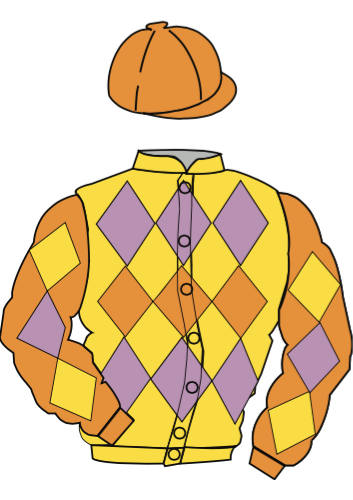Team Valor International
/Ultimately, Barry Irwin, a native of Los Angeles and owner of 2011 Kentucky Derby and 2013 Dubai World Cup winner Animal Kingdom, discovered that owning and breeding Thoroughbreds was more rewarding than working in the racing media. Long before he became an internationally successful owner and industry leader, he wrote fiction before taking a staff job for The Blood-Horse in 1969. Returning to California, he wrote for and edited Thoroughbred of California and became the Southern California columnist for the Daily Racing Form. He also hosted horseracing radio and television shows.
At the end of the 1978 Del Mar meet, he changed direction by becoming a bloodstock agent, forming Pacific Thoroughbreds the following year. In 1987, he formed a partnership with long-time friend Jeff Siegel and two others, to create Clover Racing Stable. That very year, Political Ambition won the Grade I Hollywood Derby. Five years later, Irwin and Siegel went on their own, establishing Team Valor. In its first year, English turf horse, My Memoirs, finished second to A.P. Indy in the Belmont Stakes. Team Valor was a co-owner of 1989 Breeders’ Cup Turf winner Prize.
In 2007, Irwin bought out Siegel. In 21 years as partners, they won 170 stakes races, including 21 Grade I’s.
Throughout his glittering success in racing, Irwin has given back to racing. Team Valor International has partners around the globe, and they annually donate one percent of their world earnings to The Race for Education. Team Valor International then matches that total to double the contribution. The Race for Education is a charity that offers college scholarships to the children of backstretch and farm workers. In 2006, Irwin was presented the inaugural Valedictorian Award by The Race for Education.
Irwin has been an outspoken advocate against race-day medication in North America and also a long-time friend of horse rescues.









